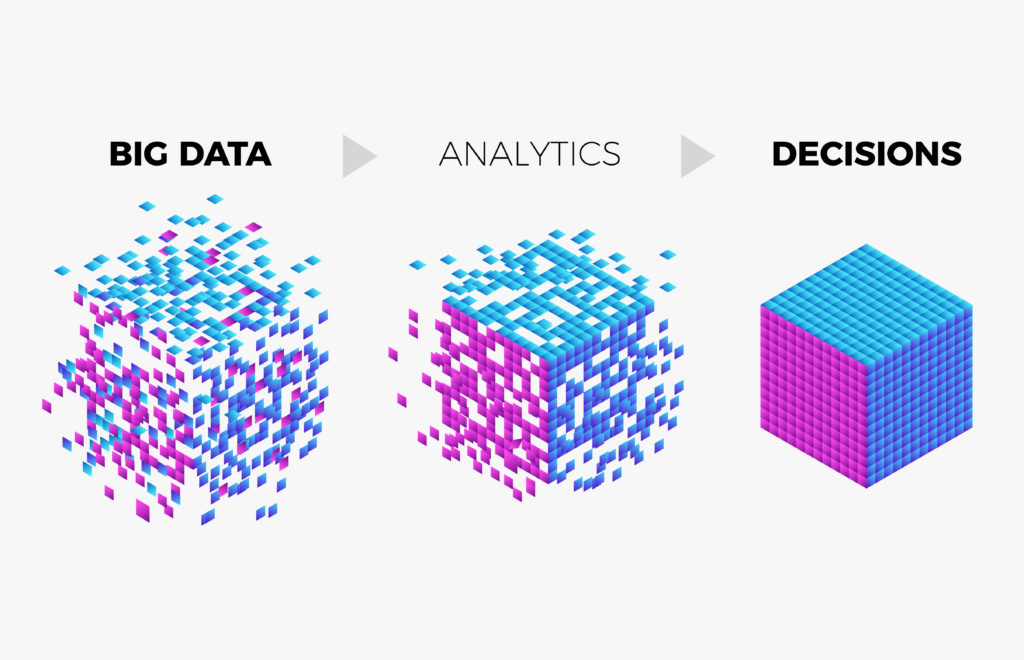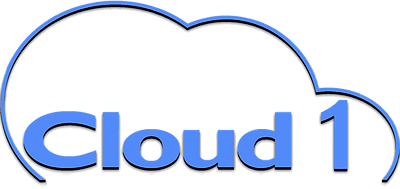
How to get the most out of the Azure Cloud

The Azure Cloud offers businesses of all sizes and industries functionality that can increase productivity and enable innovation whilst decreasing overall costs. This may be through replacing existing physical infrastructure, or making use of next generation technologies such as AI and machine learning. However, migrating to the Azure Cloud does not guarantee cost savings as running workloads in the cloud without managing costs can result in unexpectedly high bills. Thankfully there are many tools within Azure to assist businesses to manage budgets effectively. In this article we discuss how businesses can get the most out of the Azure Cloud through effective cost management, next generation technologies, and by strengthening their security posture.
Take Advantage of Big Data Analytics

A side effect of technology-reliant businesses is that they collect an exorbitant amount of data. This includes everything from data relating to customers and their buying habits to data captured from business processes. This data can be analysed to help businesses make better informed decisions to ensure long term sustainable growth. However, there are two key hurdles to overcome to truly drive value from captured data: storage and analytics.
For businesses to take advantage of big data analytics, first they must have an effective method of storing the necessary data. Azure has database options to suit all businesses and use cases. Some options for big data file storage include Azure Lake Store, and Azure Storage Blobs – the most flexible way to store blobs from numerous data sources These blobs can be any form of file including logs and database backups. Azure Data Lake Store is a hyperscale repository for big data analytic workloads which enables businesses to capture data of any size and type to store in a single location for analytics.
Once businesses have implemented a big data storage solution, they are able to use Azure to analyse the data to make informed decisions. Once again there are numerous big data analytics solutions available through Azure to meet different business needs. The three most common solutions include Azure Analysis Services, Data Lake Analytics, and Azure Synapse Analytics. All of these solutions are designed to quickly, and easily, scale regardless of how much data is collected and use next generation analytics to give powerful analytics that can enable data-driven decision making.
Make use of Azure Cost Management
Regardless of what workload a business hosts in the Azure Cloud, it’s important to make the most of Azure Cost Management to get the best value for money. A simple way to do this is by using the cost analysis section of Azure Cost Management. This enables business owners to view projections of future costs based on current usage. It’s also possible to enter a spending budget, and if usage looks likely to go over budget, they are able to take steps to reduce consumption.

Businesses can also set alerts within the budgets section of the Cost Management tool for when a certain budget percentage is reached. When the alert is triggered, an email is sent to inform the business owner. This early notification makes it easier for businesses adjust their consumption to ensure they do exceed budget.
Both of these suggestions will help business owners to stay within spending limits whilst using the Azure Cloud. However, to optimise costs, it’s possible to use the advisor recommendations section of the Cost Management Tool. This section gives actionable recommendations of how to optimise costs to get the best value for Azure spend.
Enable SSO and MFA in Azure AD
Businesses that use Microsoft 365 are already making use of Azure Active Directory, Microsoft identity and access management platform but not allare getting the most out of the solution. Within Azure Active Directory it’s possible to enable Single Sign-On (SSO)which allows users to activate one set of login credentials for a multitude of Software-as-a-Service (SaaS) applications. Enabling SSO increases productivity as users do not need to enter multiple login credentials and it increases security, as users only need to remember one long, complex password, rather than many.

Within Azure AD, it’s also possible to enable multi-factor authentication (MFA) – an authentication process where a user must provide two or more forms of identification to login into their account. Azure AD Multi-Factor Authentication requires two or more of the following authentication methods: something you know (typically a password), something you have (typically a trusted phone or hardware key), and something you are (typically biometrics, such as a fingerprint or face scan). Enabling MFA greatly increases security and can stop 99.9% of account compromise attacks, as even if a cybercriminal knows a user’s login credentials, they can’t access their account.
Want to get the most out of the Azure Cloud?
These are just some of the many ways businesses can work more productively, save money and increase security through the Azure Cloud. Contact us today if you want to take the next step in making the most of cloud computing.
